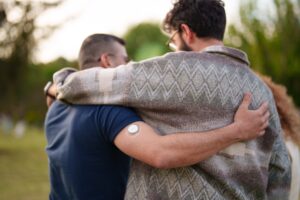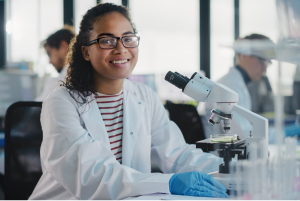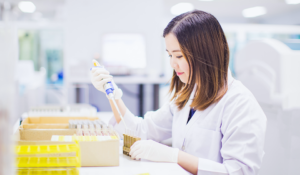
February 1, 2021
On January 15, 2021 Sernova announced that patients in their ongoing clinical trial show persistent islet function and clinically meaningful improvement in glucose control.
Sernova, a clinical-stage regenerative medicine company, has continued to demonstrate promising results in a JDRF-funded clinical trial of its cell replacement therapy, using the Cell Pouch System™. This system has shown that it can produce insulin in people with type 1 diabetes (T1D) and help patients to maintain more consistent blood sugar levels. The study now shows sustained clinical benefit in study participants with type 1 diabetes and ongoing safety and tolerability of the system.
The Cell Pouch System™ technology involves purified islet cells (the cells that produce insulin and that are destroyed in people with T1D) transplanted into the Cell Pouch™, an implantable medical device that provides a vascularized environment for the therapeutic cells. This is a form of cell replacement therapy that has the potential to be a T1D cure. Cell replacement therapies aim to replace lost or damaged beta cells with insulin-producing cells, in people with T1D. In Sernova’s current clinical trial, patients must take immunosuppressive drugs to prevent rejection of the implanted cells.
The detection of C-peptide (a biomarker of insulin production) in the bloodstream of their first transplanted patients was an important success in this study.
Sernova also plans to develop an unlimited source of locally immune-protected insulin-producing cells – removing the need for immunosuppressive drugs.
The overall objective of the current trial is to assess the safety, tolerability, and efficacy of the Cell Pouch in people with T1D. In addition to other criteria, patients must demonstrate long- standing T1D with severe hypoglycemic unawareness episodes and no glucose-stimulated C-peptide already in their bloodstream.
The leading researcher of the study, principal clinical investigator Dr. Piotr Witkowski MD, PhD, and a leading expert in islet transplantation, provided an update that focused on the first transplanted patients who are furthest in the study and who have received a second islet transplant.
These patients are showing sustained benefit from the transplants, including meaningful reduction in daily injectable insulin requirements and:
- Absence of life-threatening severe hypoglycemic events
- Sustained blood levels of C-peptide
- Reduction in HbA1c (a measure of long-term glucose control)
- Improvement in overall Continuous Glucose Monitoring (CGM) measured glucose control (e.g., blood glucose ‘Time in Range’).
One patient has now been insulin free (requiring no injectable insulin) for nine months with optimal glucose control.
Funding cell replacement therapies research is one of JDRF’s most critical undertakings globally, and between our partner organizations we have invested more $140 million USD to date.
This study is another example of the incredible Canadian innovation in diabetes research that is accelerating us towards cures.




